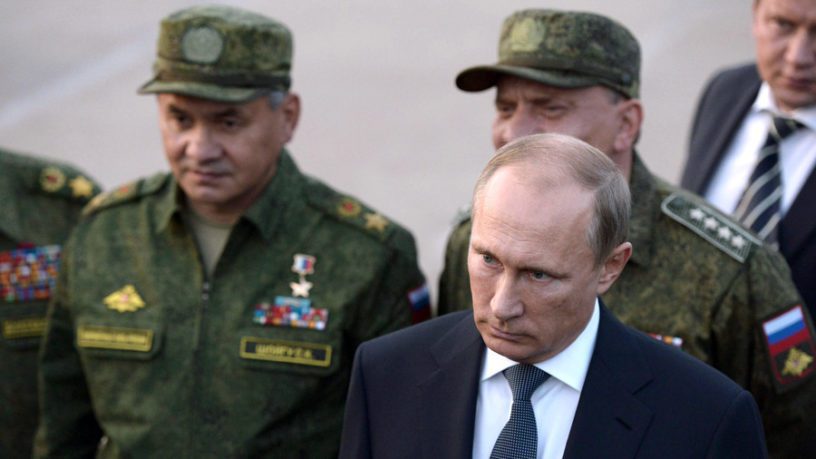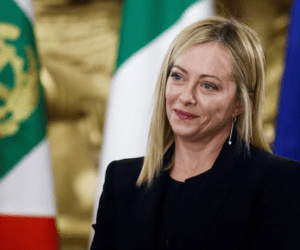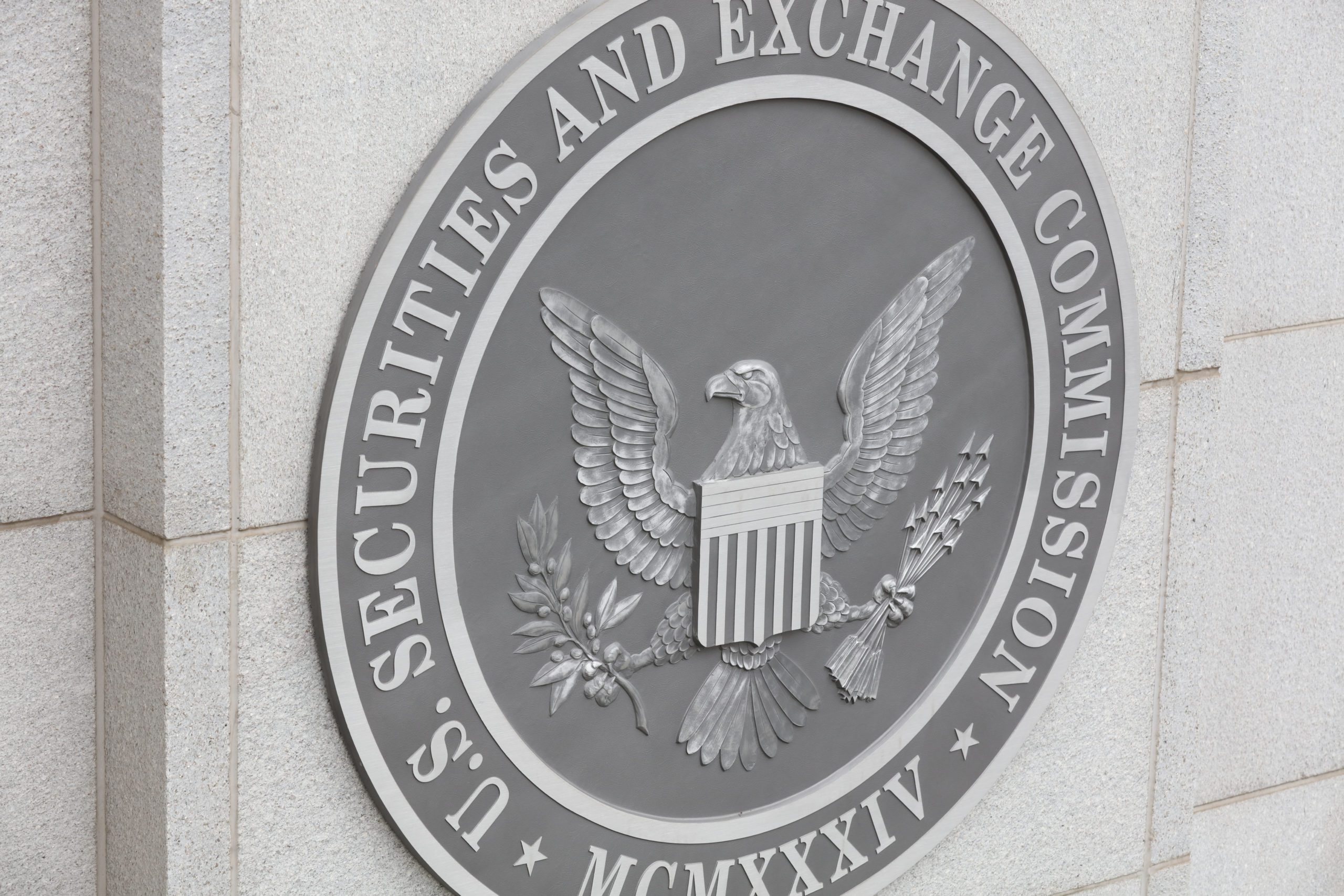By NICK KOCHAN for AML Intelligence
We are used to seeing sanctions as a long-term means of sapping at the morale of the regime with which we disapprove: Think Iran, think Venezuela, think Cuba, think Myanmar.
Indeed these sanctions are part symbolic, to satisfy political forces at home and make a statement for domestic consumption. In each of these four cases, little attention is paid to the effect. In truth that is because they have had relatively little effect and certainly not effected regime change, or anything like.
Russian sanctions are different, different in scope, different in principle, different in purpose. They are not sending out a signal, they are designed to bring down a regime, and urgently. The sanctions from America and the West started with the naming of a few little known banks doing business in Crimea. That was the virtue signalling sort of sanctions, we disapprove of institutions serving a territory (in this case Crimea) held by an occupying power.
Then the Western countries appeared to wake up to the fact that they needed to make an instant impact on Russia’s economy, and not just slap their wrists. They widened the range of banks that were sanctioned and they even made some noises about imposing major pressure on Russia’s economy by removing selective banks from the SWIFT payment network. As far as I know the names of the Russian banks so disconnected have not been revealed.
The point here is that sanctions got serious, they became a tool of international governmental power, to show that the West’s financial system was capable of working as an arm of with political leaders. The sanctions experts were now on the line to deliver something arguably they were never intended to do, namely to at least isolate an economy and at best break it. People who wear legal hats and tinker with the nexus of law and trade were put into the forefront of power struggles between Russia and the West.
The critical moment for sanctions is looming when financial institutions have to step up to the plate and override the legal niceties on which their sanctions policies are built. They have to show that they understand the imperative of excluding Russia from the global economy and they have to allow no exceptions.
During these momentous times, one can understand that the laws that govern sanctions policies are having to change all the time to meet threats and challenges posed by Russian sanctions evaders. One can also imagine, and fear, that Western energy companies buying Russian gas are struggling with the challenge of paying Russia when payment systems are shut to them. One can imagine that Russian companies will likewise be testing the resolve of the West to turn their money back when they need to pay for urgent goods from World markets needed to keep their industries half alive.
Where do the sanctions officials go then? Do they look for the loopholes and the grey areas, do they suggest their companies and clients go via an offshore centre or do they advise their executives to stick to the spirit of the law, and not merely the letter.
The prevailing mood is looking to companies, to professionals, to financiers to show that sanctions mean what they say, they mean real penalties for real offenders. The potential for sanctions to assist in delivering that message and that end has never been more present or important. Those that fail to go with the spirit risk humiliation if they are found to be advocating loopholes and deceptions.
Those who failed the sanctions challenge in the last decade, especially banks, have been fined, sometimes heavily. The process of policing sanctions is fraught with legal niceties, this is not appropriate to today’s urgent environment. Industry players know who the rogue banks and companies are and they will need to expose them. So should police forces and regulators.
We are in extraordinary times. Sanctions are a key part of the international effort to wreak havoc on a Russian economy that is funding mass destruction. To this extent, the private sector is drawn on to the global political stage, many will find hugely uncomfortable. But there is no escape. The Russian political leaders are propped up by their economies and they can be laid low by economic failure.
Can sanctions cross the Rubicon from a signalling device on the sidelines to a frontline weapon? It will require a massive mindset change. It cannot come too soon if today’s international vandalism is to be turned back.











